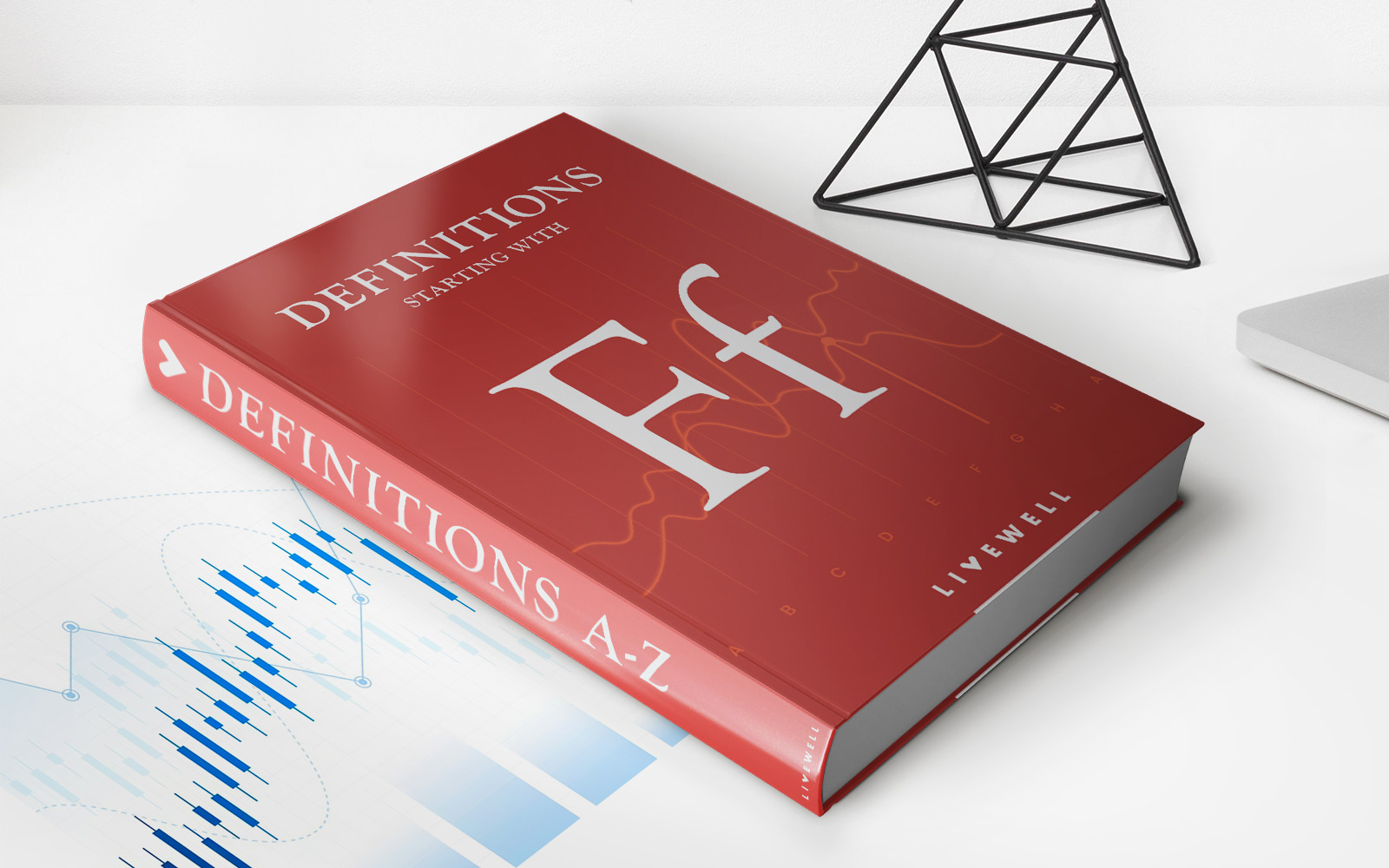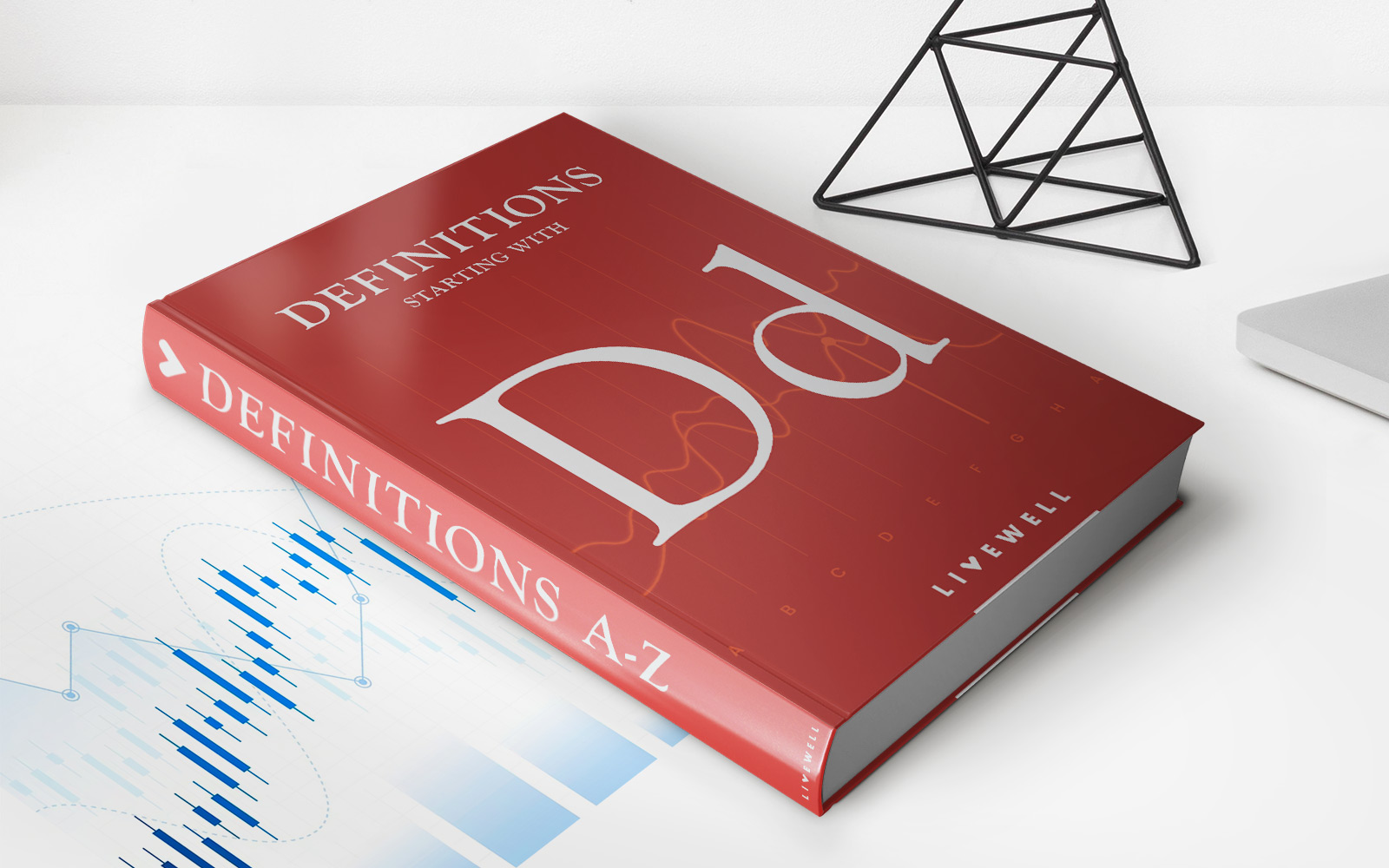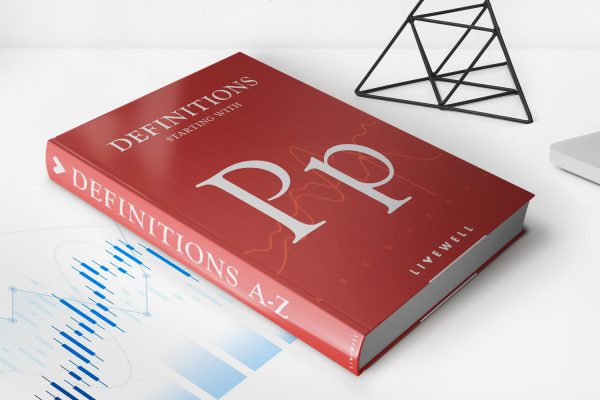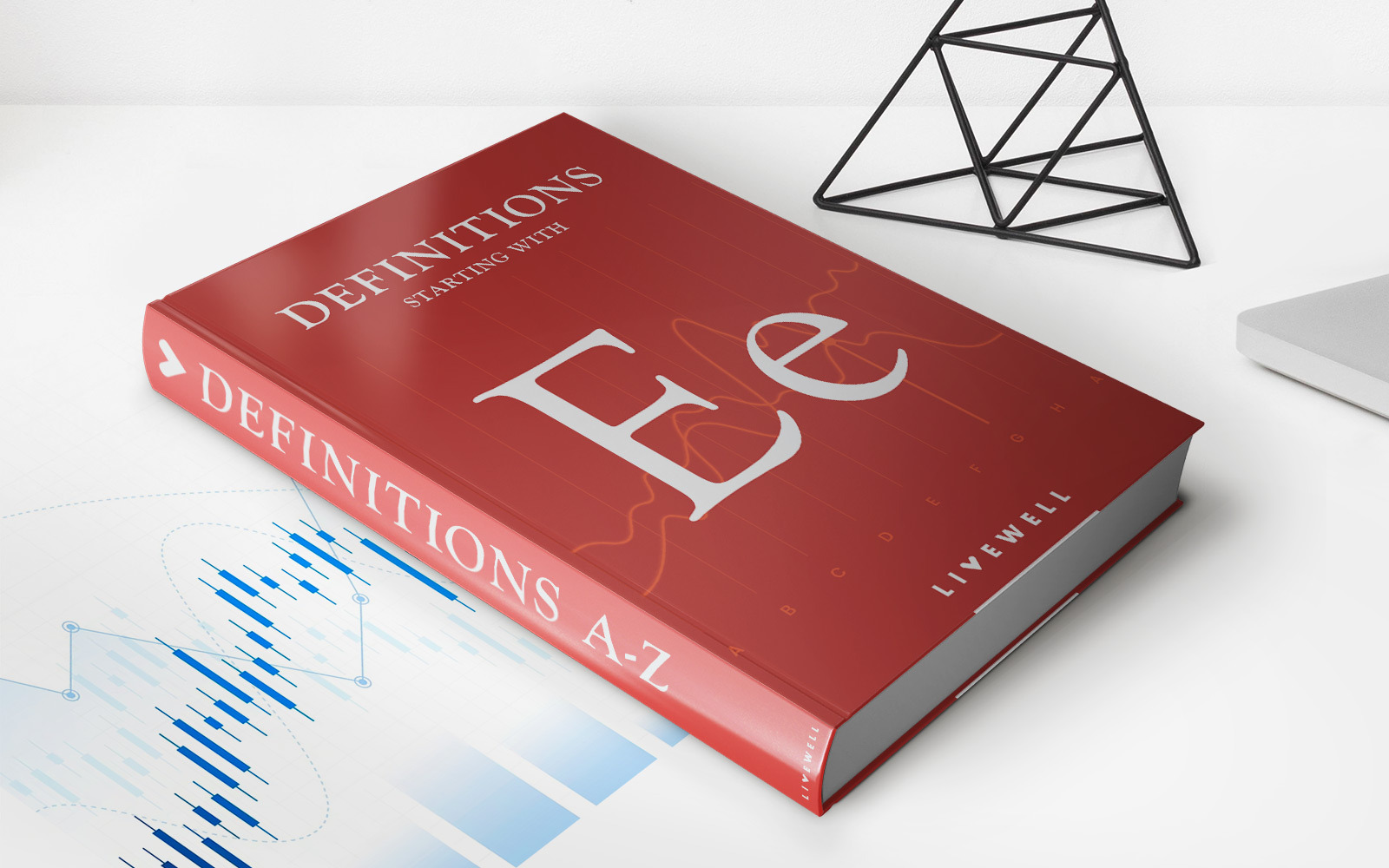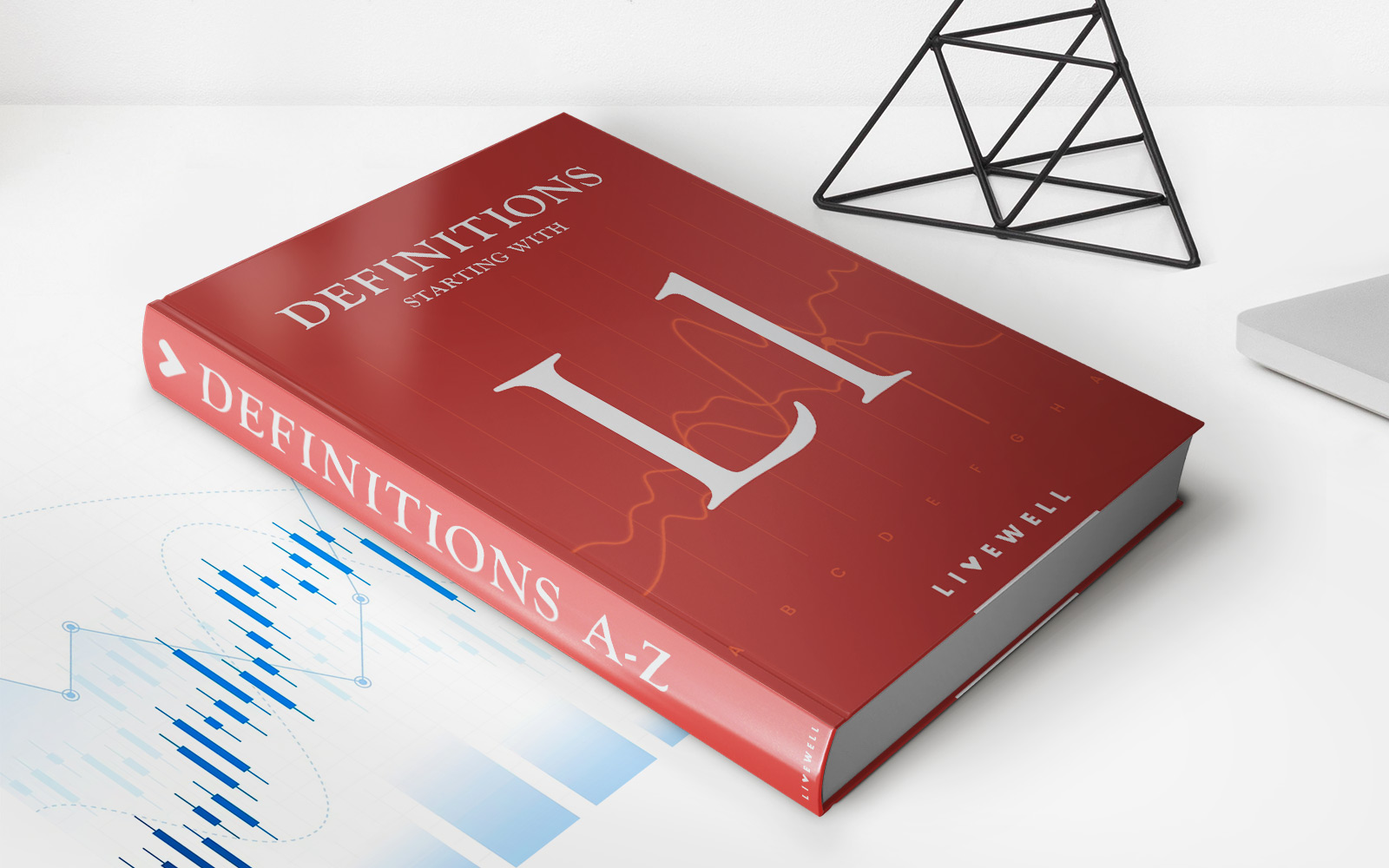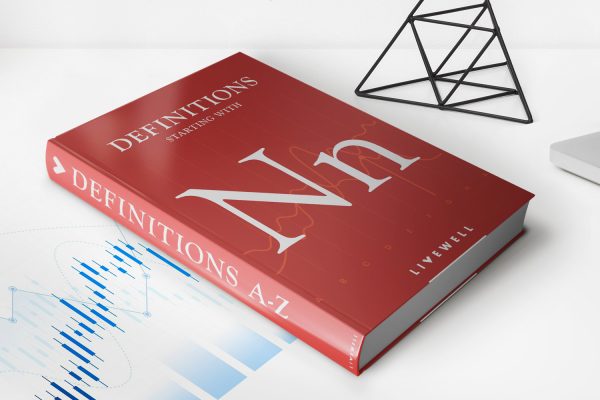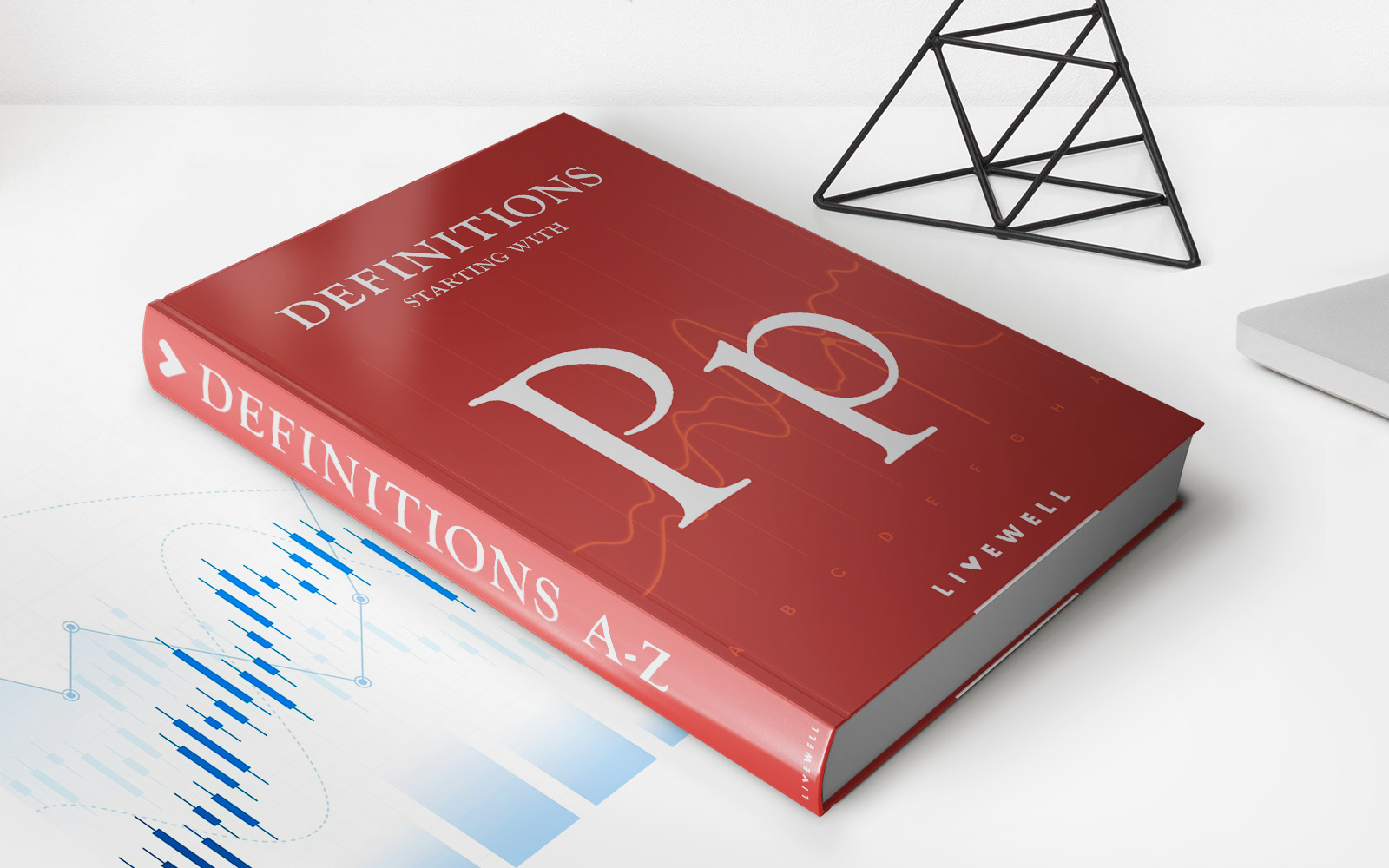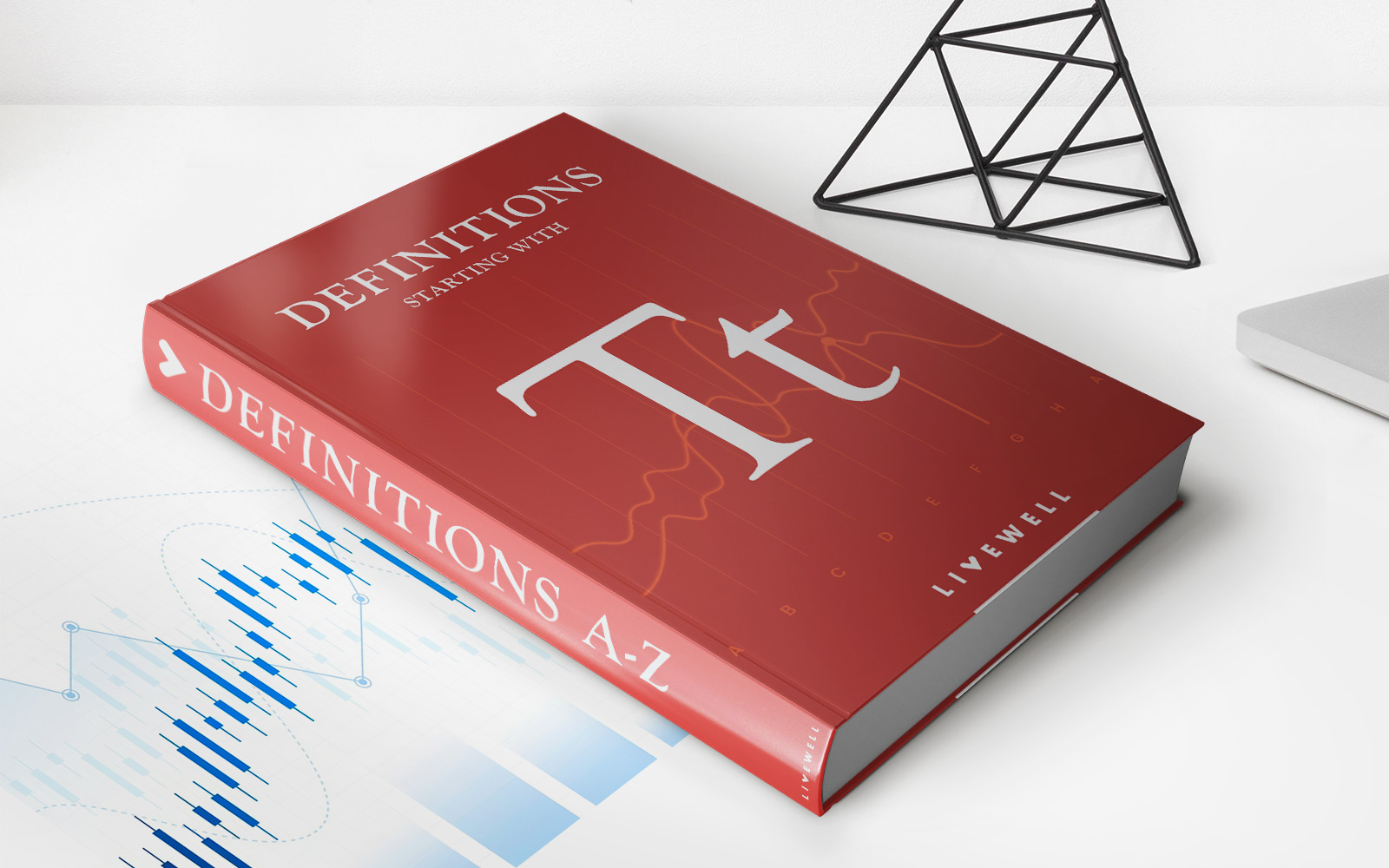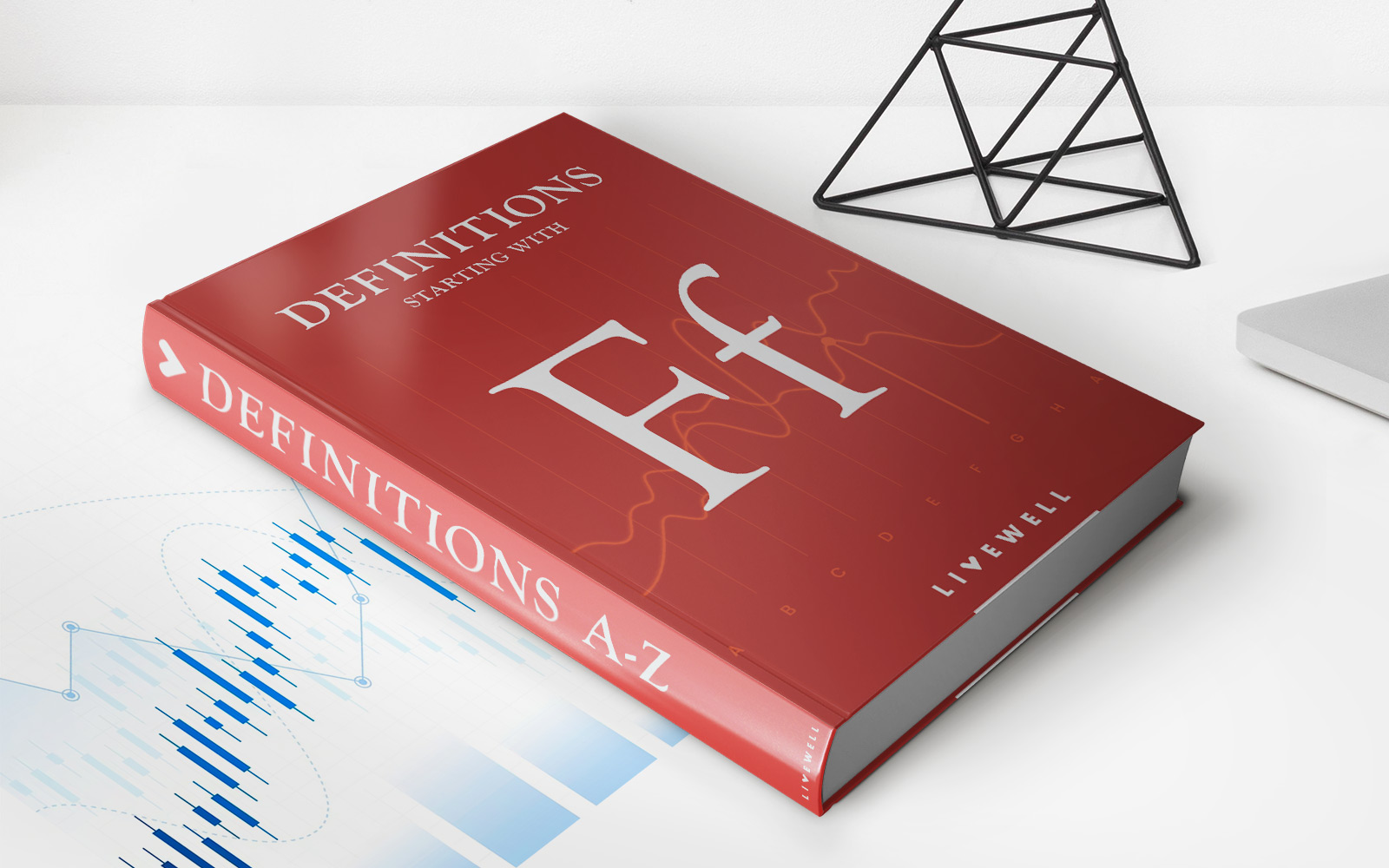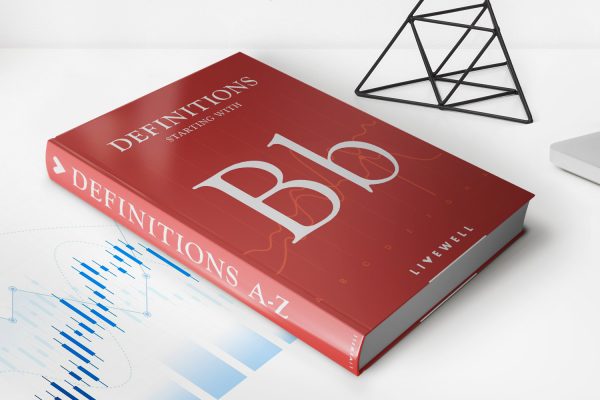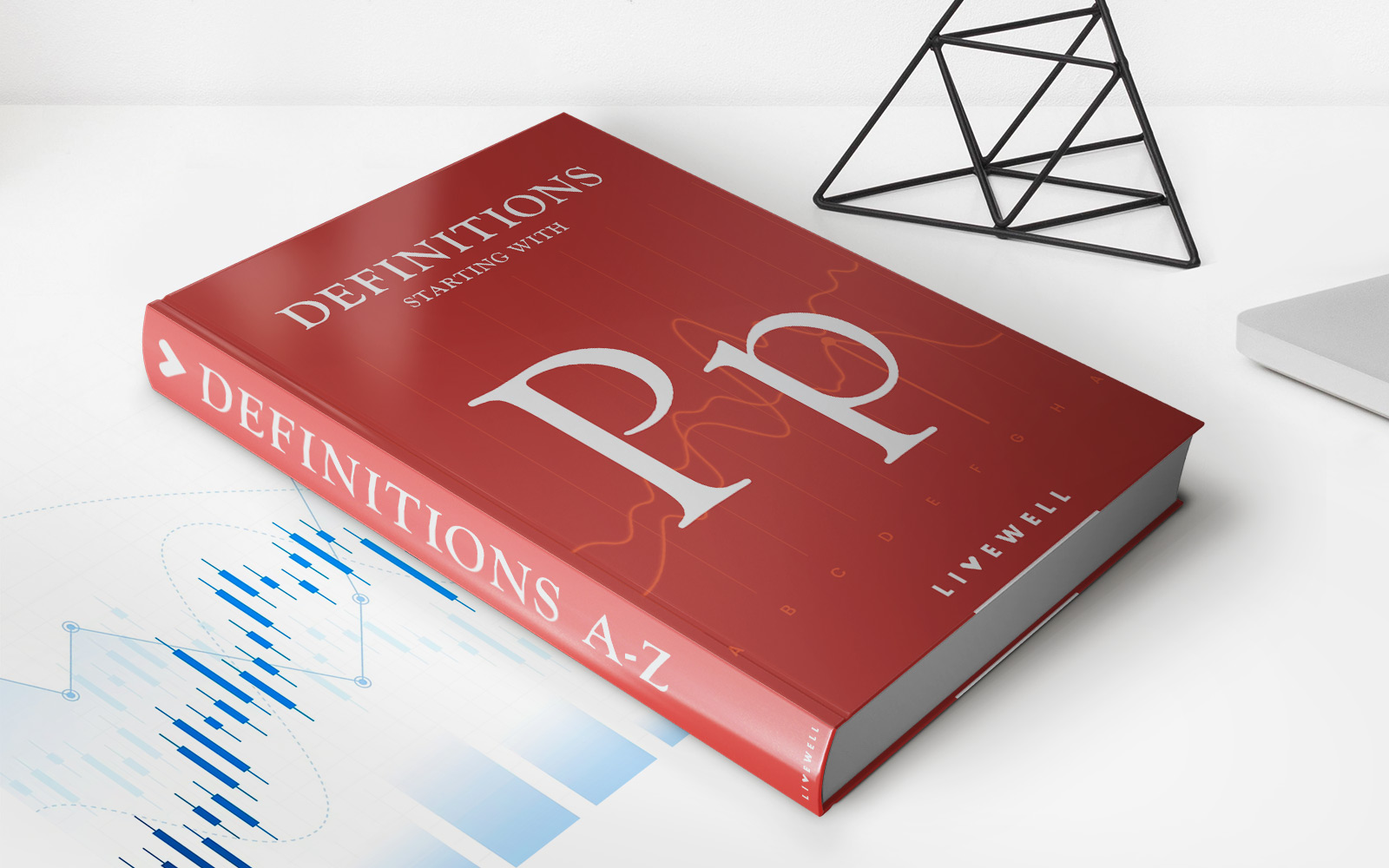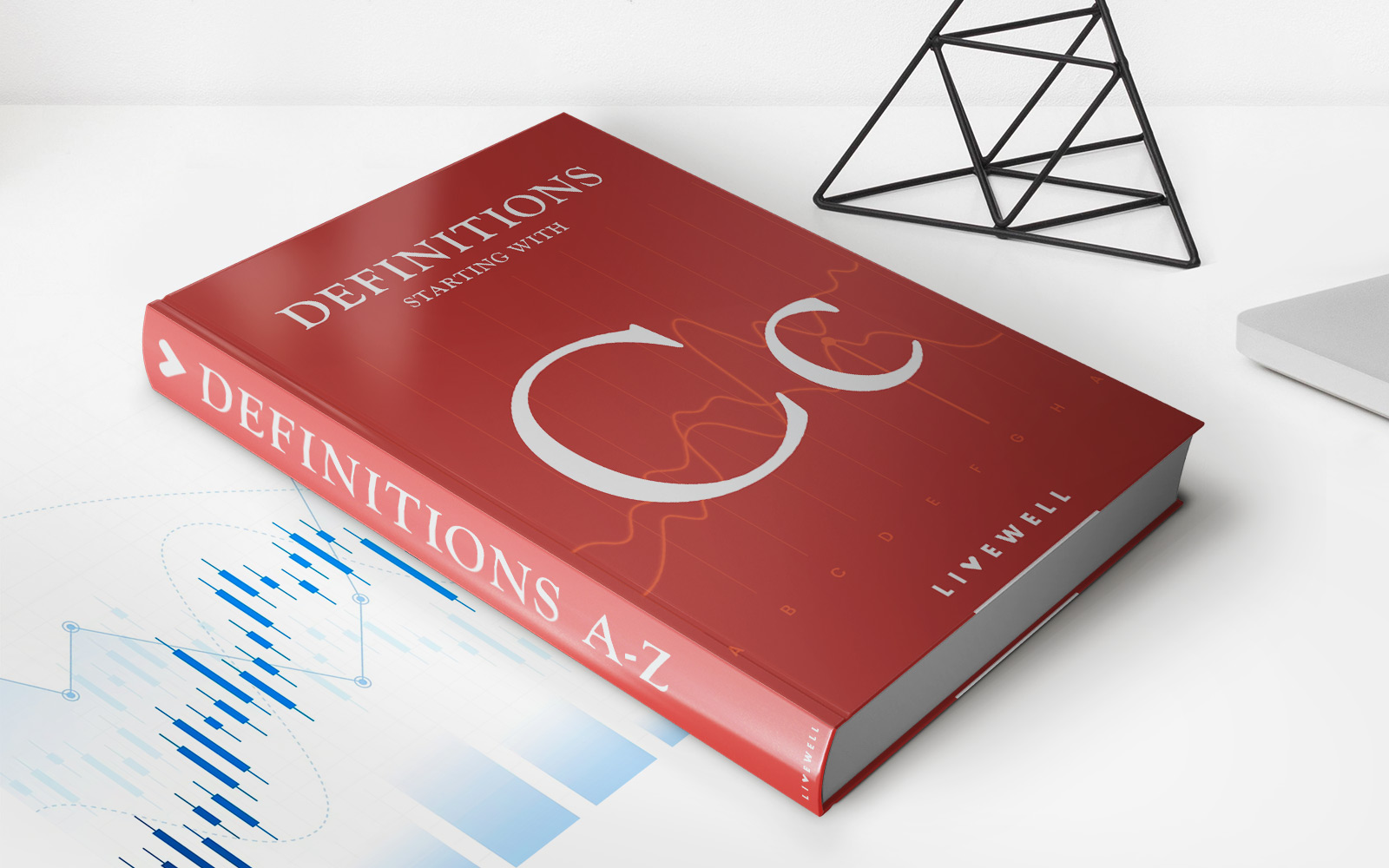Home>Finance>BDT (Bangladesh Taka): Definition, Uses, And Exchange Rate Trends
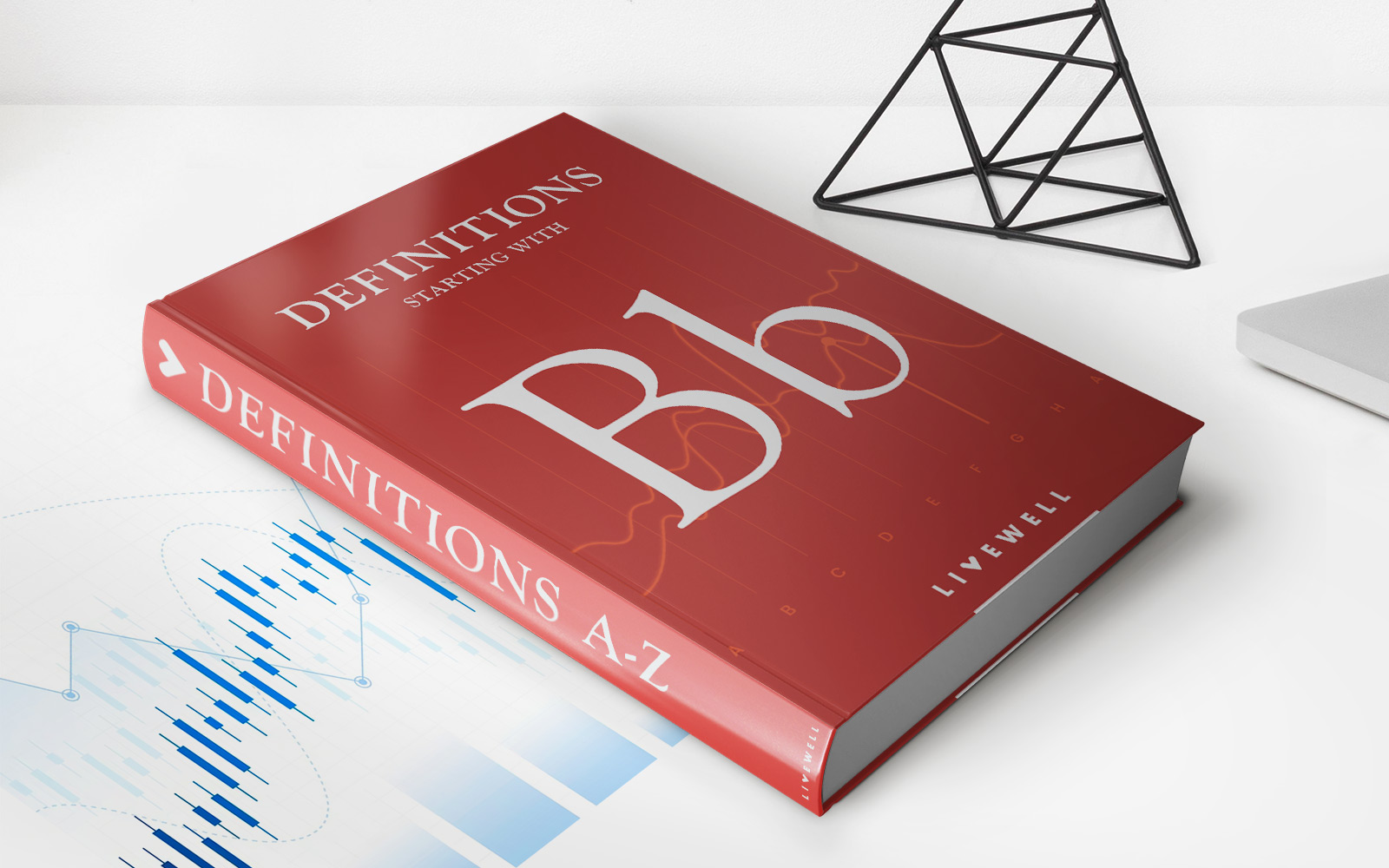

Finance
BDT (Bangladesh Taka): Definition, Uses, And Exchange Rate Trends
Published: October 14, 2023
Discover the meaning, applications, and recent shifts in the exchange rate of BDT (Bangladesh Taka). Explore the dynamic world of finance with a glance at the trends!
(Many of the links in this article redirect to a specific reviewed product. Your purchase of these products through affiliate links helps to generate commission for LiveWell, at no extra cost. Learn more)
BDT (Bangladesh Taka): Definition, Uses, and Exchange Rate Trends
When it comes to the world of finance, understanding different currencies is essential. In today’s blog post, we will dive deep into the Bangladesh Taka, also known as BDT. We will explore what BDT is, its uses, and analyze the current exchange rate trends. So, if you’re curious about BDT and want to expand your knowledge on this currency, keep reading!
Key Takeaways:
- BDT is the official currency of Bangladesh, symbolized as ৳.
- It is issued and regulated by the Bangladesh Bank, the country’s central bank.
Now let’s dig into the details of the Bangladesh Taka.
What is BDT?
The Bangladesh Taka, represented by the symbol ৳, is the official currency of Bangladesh. It is regulated by the Bangladesh Bank, which is responsible for issuing and controlling the supply of the currency. BDT is further divided into smaller units known as “poisha.” One Taka is equal to 100 poisha.
BDT is widely used within the country for various transactions, both within the government and in local businesses. It is accepted as a legal tender, making it the primary medium of exchange for goods and services in Bangladesh.
Uses of BDT
BDT, as the official currency of Bangladesh, serves multiple purposes within the country. Here are some key uses of BDT:
- Domestic Transactions: BDT is used by individuals and businesses for everyday transactions such as purchasing goods, paying bills, and conducting local business activities. It is widely accepted throughout the country.
- International Trade: BDT plays a crucial role in international trade for Bangladesh. It is used for importing goods and services as well as paying for exports to other countries. The exchange rate of BDT to other currencies is an important factor in determining the cost of international transactions.
- Investments: BDT provides a means for individuals and companies to invest in various sectors within Bangladesh. This includes investments in the stock market, real estate, and other financial instruments within the country.
Exchange Rate Trends
Like other currencies, the value of BDT fluctuates in the foreign exchange market. Several factors influence the exchange rate of BDT, including the country’s economic performance, inflation rates, political stability, and international trade.
Over the years, the exchange rate of BDT has shown both stability and volatility. It is important to stay updated with the latest exchange rate trends if you are involved in international transactions or planning to visit Bangladesh.
Consulting with a financial expert or utilizing online currency exchange platforms can provide you with real-time information on the exchange rate of BDT to other major currencies such as the US Dollar, Euro, or British Pound.
In Conclusion
With its unique symbol and diverse uses, BDT plays a significant role in the financial landscape of Bangladesh. Understanding the basics of this currency and keeping an eye on the exchange rate trends can be beneficial for individuals, businesses, and investors alike.
So, whether you reside in Bangladesh, plan to visit, or have an interest in global finance, taking a closer look at BDT will enhance your knowledge of currencies and their impact on the economy.
